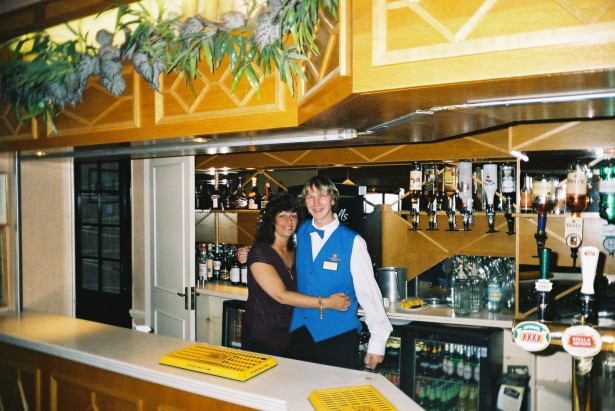Many things go on in a hotel that you may not be able to handle manually. You need a hotel management system (HMS) that can do things automatically, from bookings to invoicing and ordering supplies to generating monthly and annual reports.
The top six factors you have to consider when choosing an HMS include:
1. The System Should Take Care of Most of Your Needs
Apart from basic features like channel and report management, CRM, reservation management, and online booking management, a good system should have many other additional features that can cover not less than 80 percent of your hotel operations needs.
Even if you’re only interested in hotel reservation software, it should also have other supporting features to make your work easier. For example, it should handle your invoicing and report generation needs.
2. Extendable
As your business grows, the software should grow with it. For example, you may only have a few guests and employees to manage at the initial stages of your business. But as the business grows, the number of guests and employees will also increase, and there will be a need to integrate with third-party services. You’d want your software to accommodate these new changes without having to purchase a new one.
An extendable app will allow you to take care of your increased needs without moving to an entirely new system. All you may need is to upgrade to a higher package, and everything will be set. Scalable software may be expensive during the initial installation, but it will pay off in the long run.
3. Integration Capability
A sound hotel management system can integrate with GDS (Global Distribution Systems), OTAs (Online Travel Agencies), and other distribution channels and affiliates. This kind of integration increases your visibility because it allows for direct bookings, which, in turn, boosts guest loyalty. The most popular OTAs are Opodo, TripAdvisor Inc., the Priceline Group, and Expedia, Inc., while the available GDS options include Galileo, Worldspan, Apollo, Sabre, and Amadeus.
Another advantage of the integration capability is that it can allow guests to see available rooms in your boarding house in real-time. That means if a room is booked, the system will be updated automatically to indicate that the room is no longer available.
4. Data Security
Because you’ll be dealing with personal transactions and information, you must ensure that the HMS is 100% secure. Today, data security is the number one priority in all management systems. Therefore, you need to choose an HMS with top-notch security features to protect your customers’ data.
Remember, many hackers target all systems that contain personal data for their selfish gains. If your HMS allows customers’ data to leak, your hotel will lose its reputation, and you may also face serious legal consequences.
5. User-Friendly Interface
Not all the people who book boarding houses are tech-savvy. Some only have basic IT knowledge. That’s why you need to choose an HMS with a user-friendly interface. Having an application with a simple configuration is advantageous to both your employees and customers. In addition, a user-friendly interface makes it easier for your employees to assist your customers without having to contact the software developers.
6. Transparent Pricing
Your hotel management application should let your potential customers know what they should pay beforehand. The HMS should incorporate all additional charges like VAT or special fees. This will help your customers make informed decisions. Remember that customers don’t like surprises, especially on matters to do with hotel charges.
Conclusion
As a boarding house owner, an HMS with many features will make your operations more efficient and more manageable. Whether you’re buying ready-made software or hiring a developer, you should consider incorporating features that are relevant to your business.

